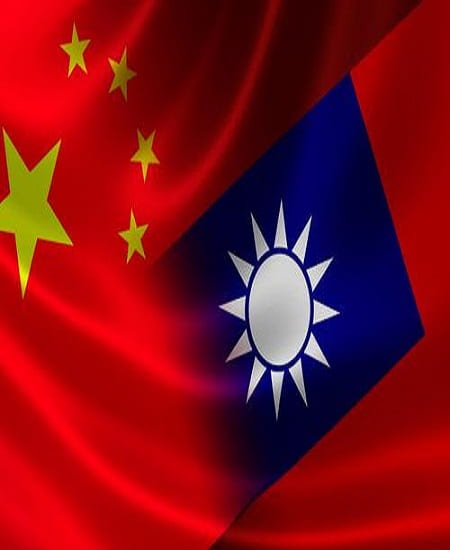Tuesday, June 19, 2018
12:00 PM – 2:00 PM
The Elliott School of International Affairs
State Room – 7th Floor
1957 E St., NW Washington, DC 20052
This event is co-sponsored by The National Bureau of Asian Research and the Sigur Center for Asian Studies
The National Bureau of Asian Research and the Sigur Center for Asian Studies cordially invite you to a panel discussion with experts examining the implications of recent North Korean diplomatic developments for Taiwan, cross-Strait relations, and U.S.-Taiwan relations.
Light lunch will be available.
Agenda:
12:00 PM – 12:30 PM: Registration and Lunch
12:30 PM – 12:45 PM: Welcome Remarks and Introduction
12:45 PM – 2:00 PM: Panel Discussion and Q&A
Panelists:
Patrick Cronin, Senior Director of the Asia-Pacific Security Program, Center for a New American Security
Robert Sutter, Professor of Practice of International Affairs; Director, B.A. Program in International Affairs, The George Washington University
Followed by discussant remarks by Tiffany Ma, Senior Director, BowerGroup Asia and Nonresident Fellow, The National Bureau of Asian Research
Moderator: Alison Szalwinski, Director for Political and Security Affairs, The National Bureau of Asian Research
**Final speaker list to be confirmed**
About the Panelists:
 Patrick M. Cronin is a Senior Advisor and Senior Director of the Asia-Pacific Security Program at the Center for a New American Security (CNAS). Previously, he was the Senior Director of the Institute for National Strategic Studies (INSS) at the National Defense University, where he simultaneously oversaw the Center for the Study of Chinese Military Affairs. Prior to leading INSS, Dr. Cronin served as the Director of Studies at the London-based International Institute for Strategic Studies (IISS). At the IISS, he also served as Editor of the Adelphi Papers and as the Executive Director of the Armed Conflict Database. Before joining IISS, Dr. Cronin was Senior Vice President and Director of Research at the Center for Strategic and International Studies (CSIS).
Patrick M. Cronin is a Senior Advisor and Senior Director of the Asia-Pacific Security Program at the Center for a New American Security (CNAS). Previously, he was the Senior Director of the Institute for National Strategic Studies (INSS) at the National Defense University, where he simultaneously oversaw the Center for the Study of Chinese Military Affairs. Prior to leading INSS, Dr. Cronin served as the Director of Studies at the London-based International Institute for Strategic Studies (IISS). At the IISS, he also served as Editor of the Adelphi Papers and as the Executive Director of the Armed Conflict Database. Before joining IISS, Dr. Cronin was Senior Vice President and Director of Research at the Center for Strategic and International Studies (CSIS).

Tiffany Ma is a senior director at BowerGroupAsia, where she manages BGA’s client relationships and engagements. She directs analysis and activities designed to advise Fortune 500 companies on public policy issues, regional geopolitics and stakeholder management. Prior to joining BGA, Tiffany was the senior director for political and security affairs at NBR in Washington, D.C., where she led major initiatives on geopolitical and international security affairs in the Asia-Pacific that regularly convened senior government officials and specialists from across the region. She began her career as a research associate at the Project 2049 Institute, an Asia security think tank based in Arlington, Virginia, and has also worked at the International Crisis Group in Beijing, the Center for Strategic and International Studies in Washington, and the Lowy Institute in Sydney.
 Robert Sutter is Professor of Practice of International Affairs at the Elliott School of George Washington University beginning in 2011. He also serves as the school’s Director, Program of Bachelor of Arts in International Affairs. A Ph.D. graduate in History and East Asian Languages from Harvard University, he has published 20 books, over 200 articles and several hundred government reports dealing with contemporary East Asian and Pacific countries and their relations with the United States. Sutter’s government career (1968-2001) involved work on Asian and Pacific affairs and US foreign policy for the Congressional Research Service of the Library of Congress, the Central Intelligence Agency, the Department of State, and the Senate Foreign Relations Committee.
Robert Sutter is Professor of Practice of International Affairs at the Elliott School of George Washington University beginning in 2011. He also serves as the school’s Director, Program of Bachelor of Arts in International Affairs. A Ph.D. graduate in History and East Asian Languages from Harvard University, he has published 20 books, over 200 articles and several hundred government reports dealing with contemporary East Asian and Pacific countries and their relations with the United States. Sutter’s government career (1968-2001) involved work on Asian and Pacific affairs and US foreign policy for the Congressional Research Service of the Library of Congress, the Central Intelligence Agency, the Department of State, and the Senate Foreign Relations Committee.
Additional information forthcoming. We look forward to seeing you at the discussion!
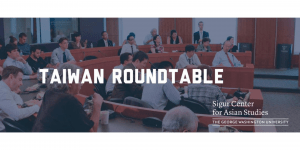
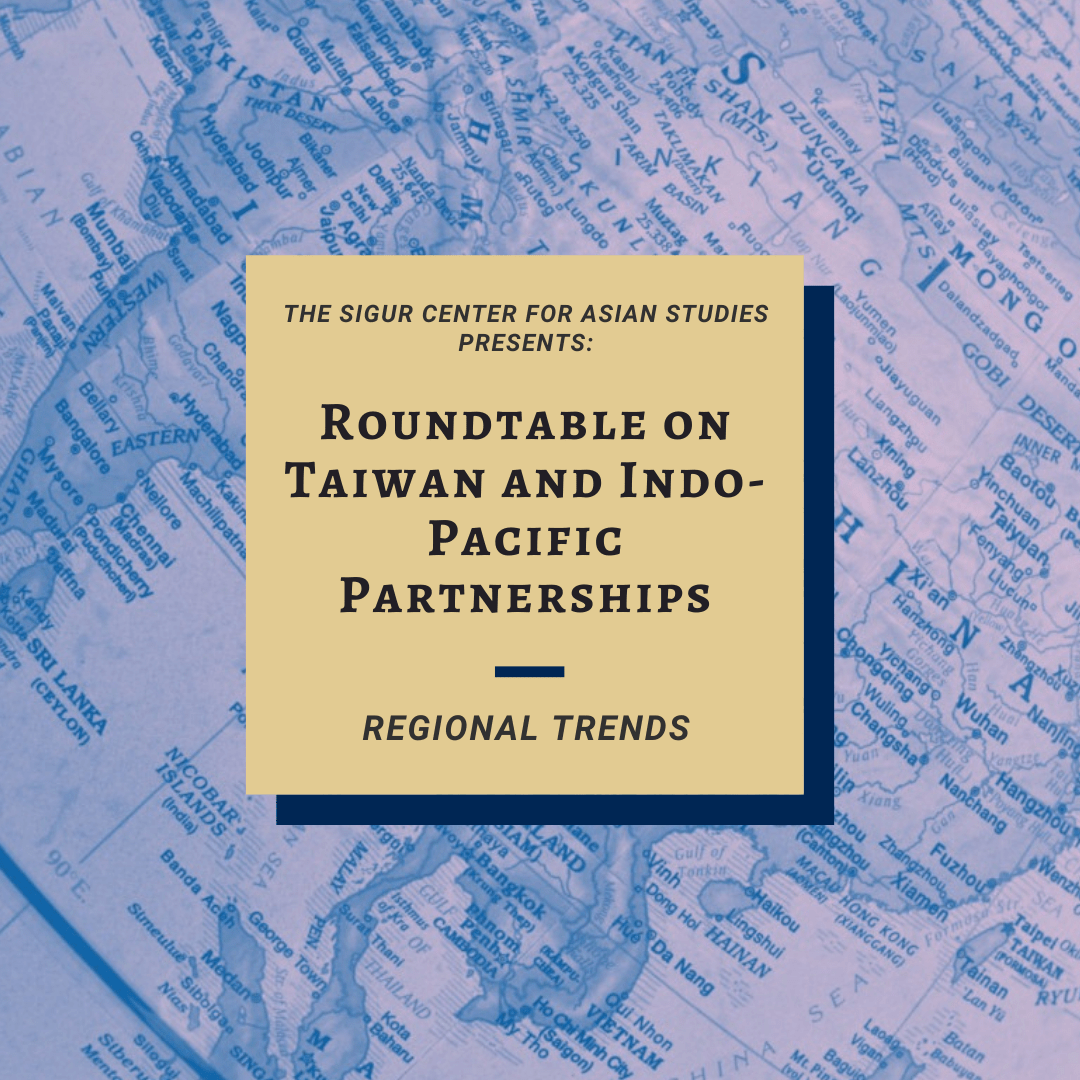

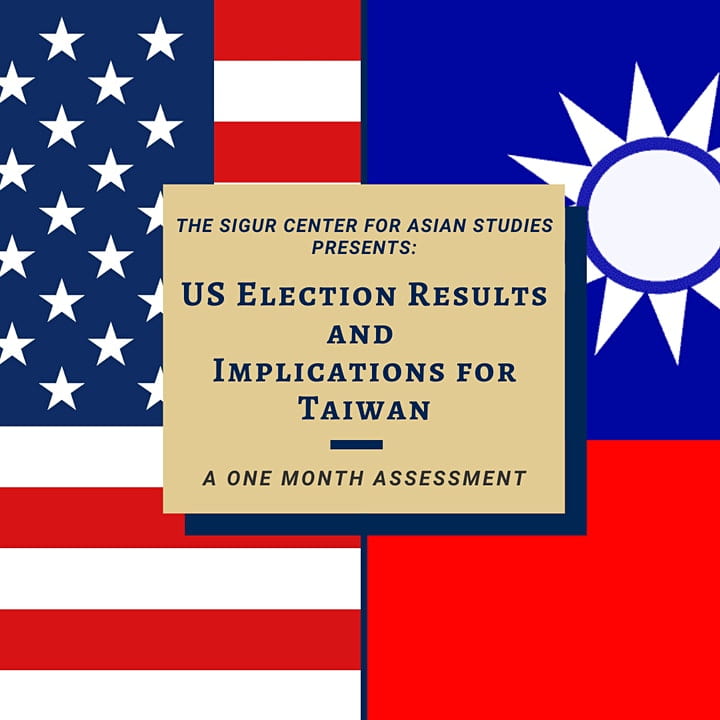


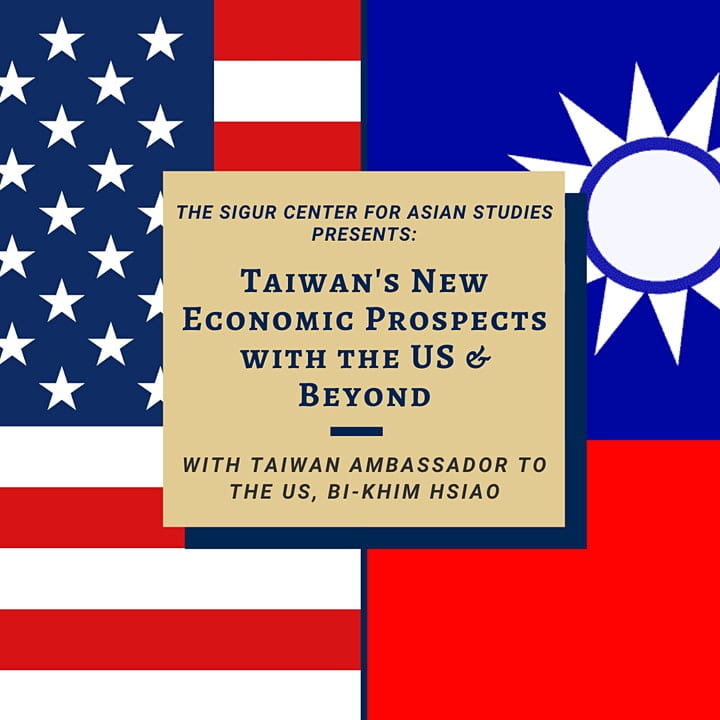
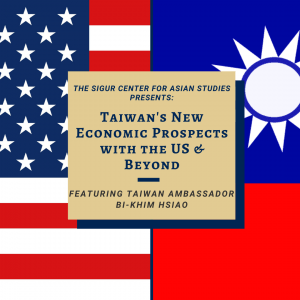
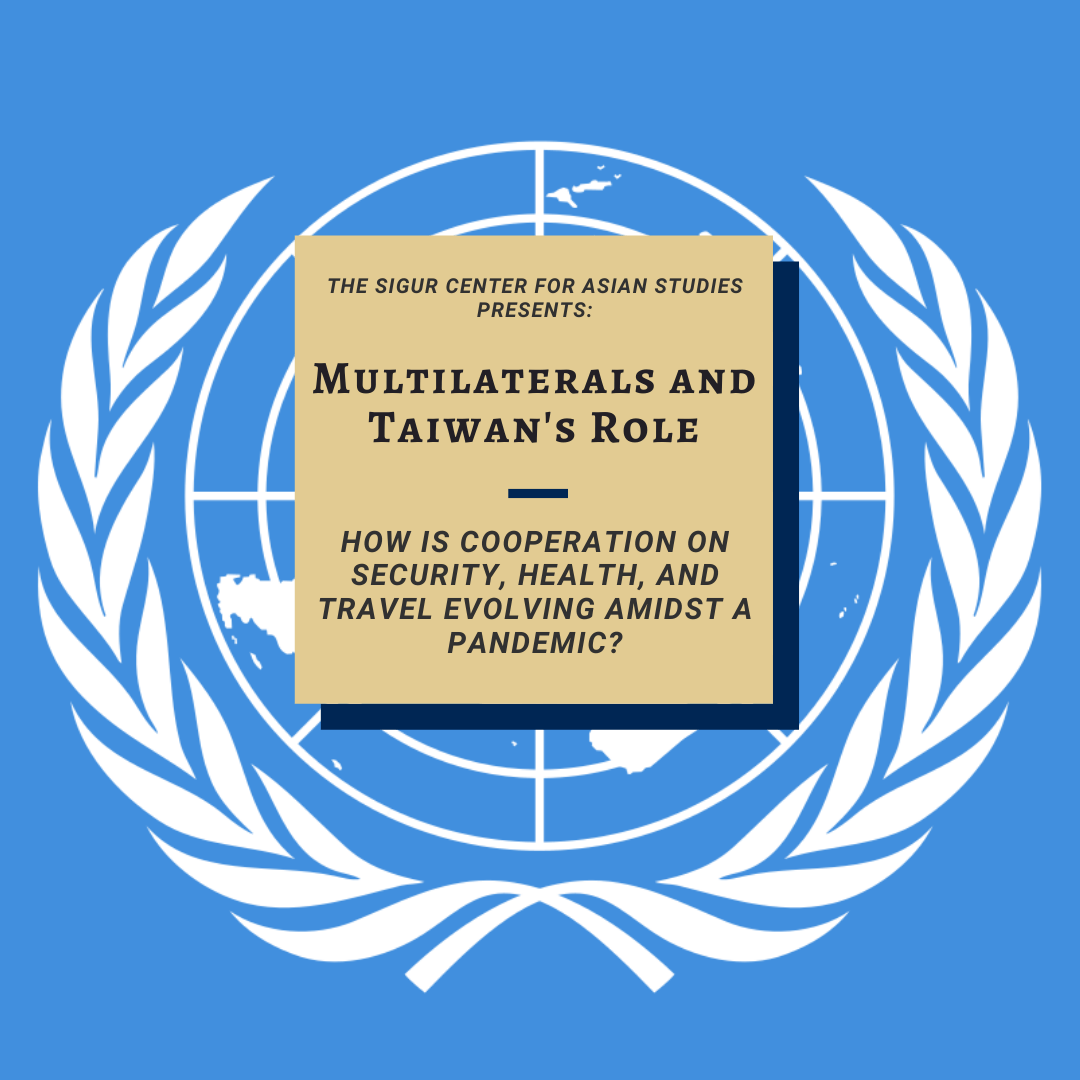
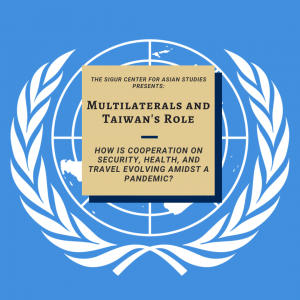
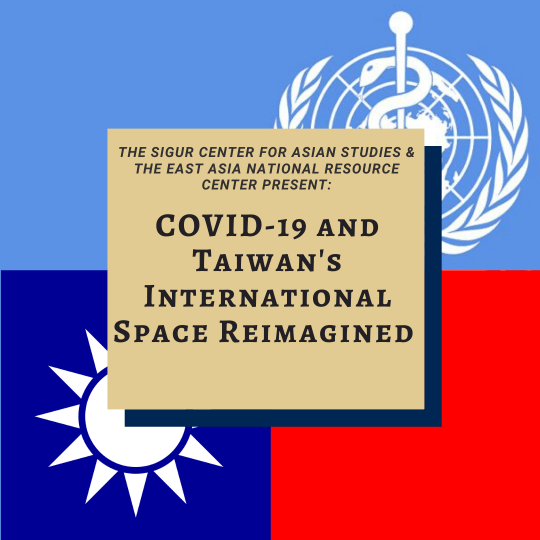
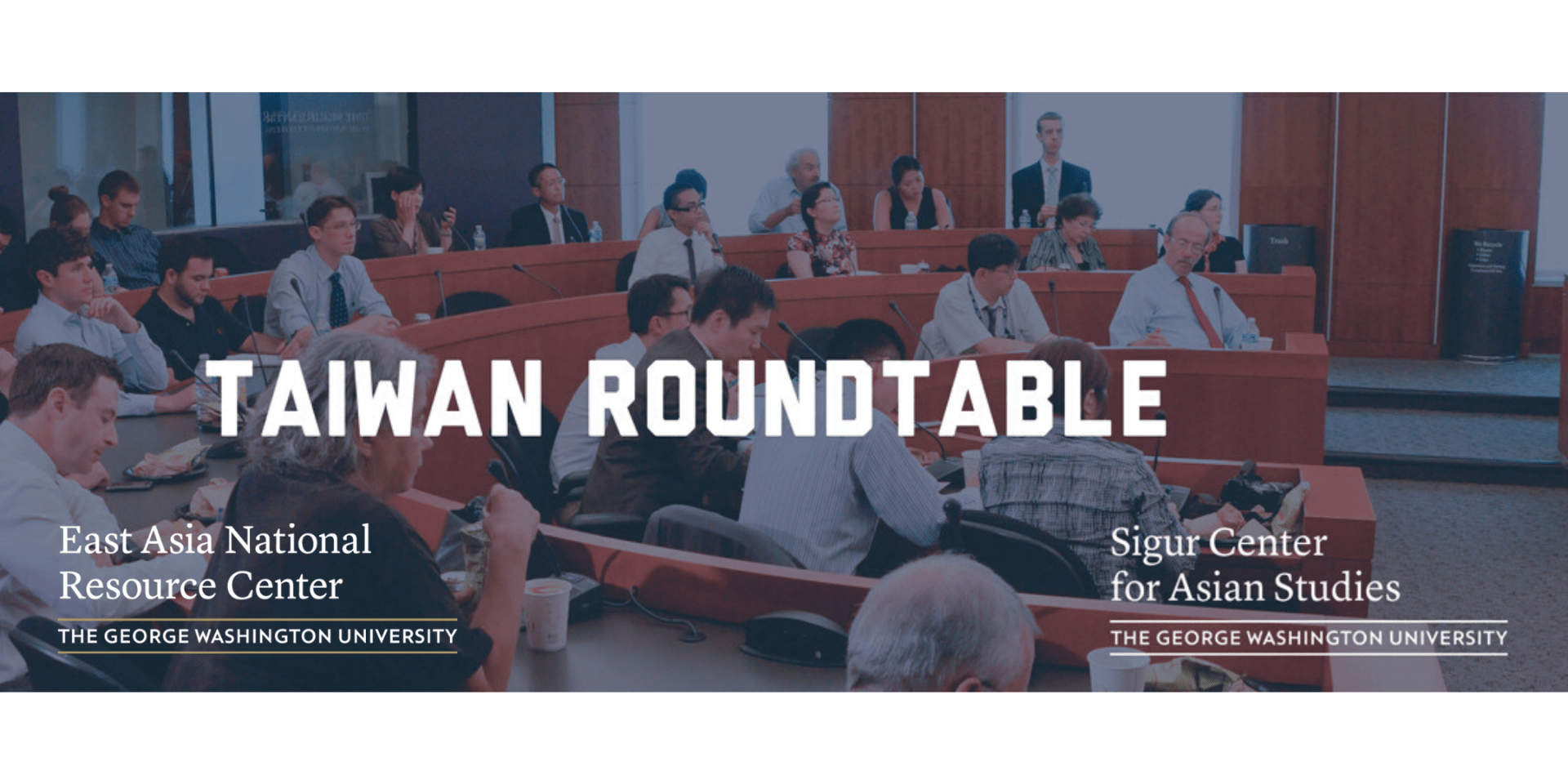
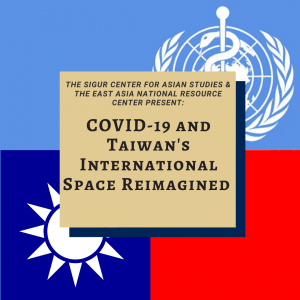
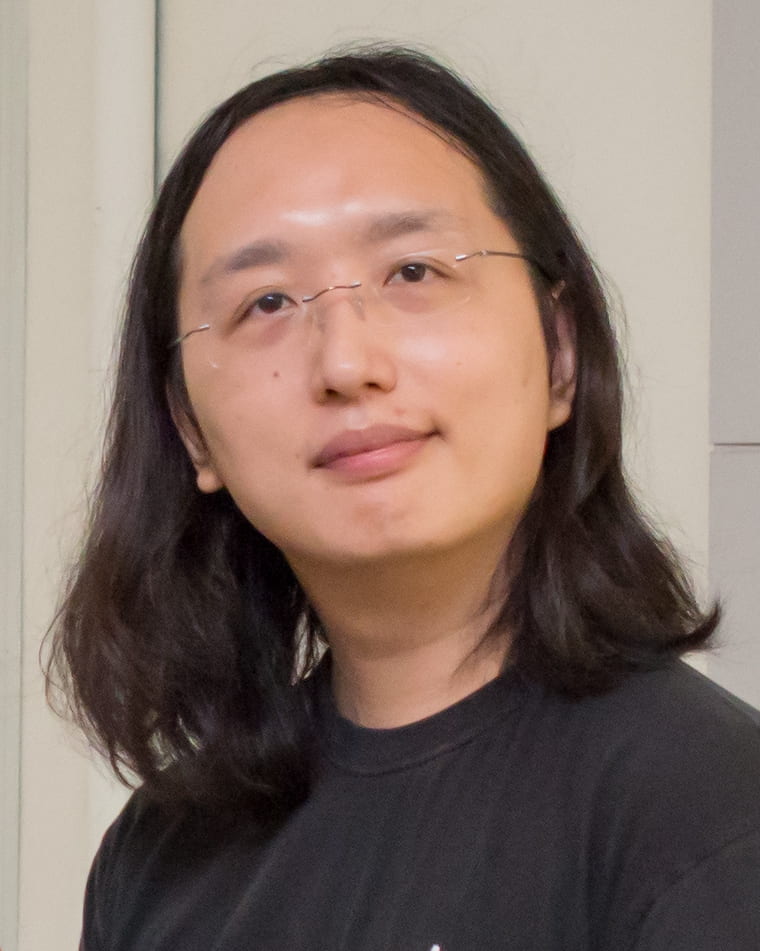



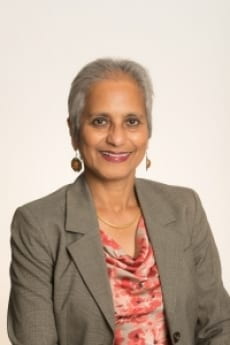

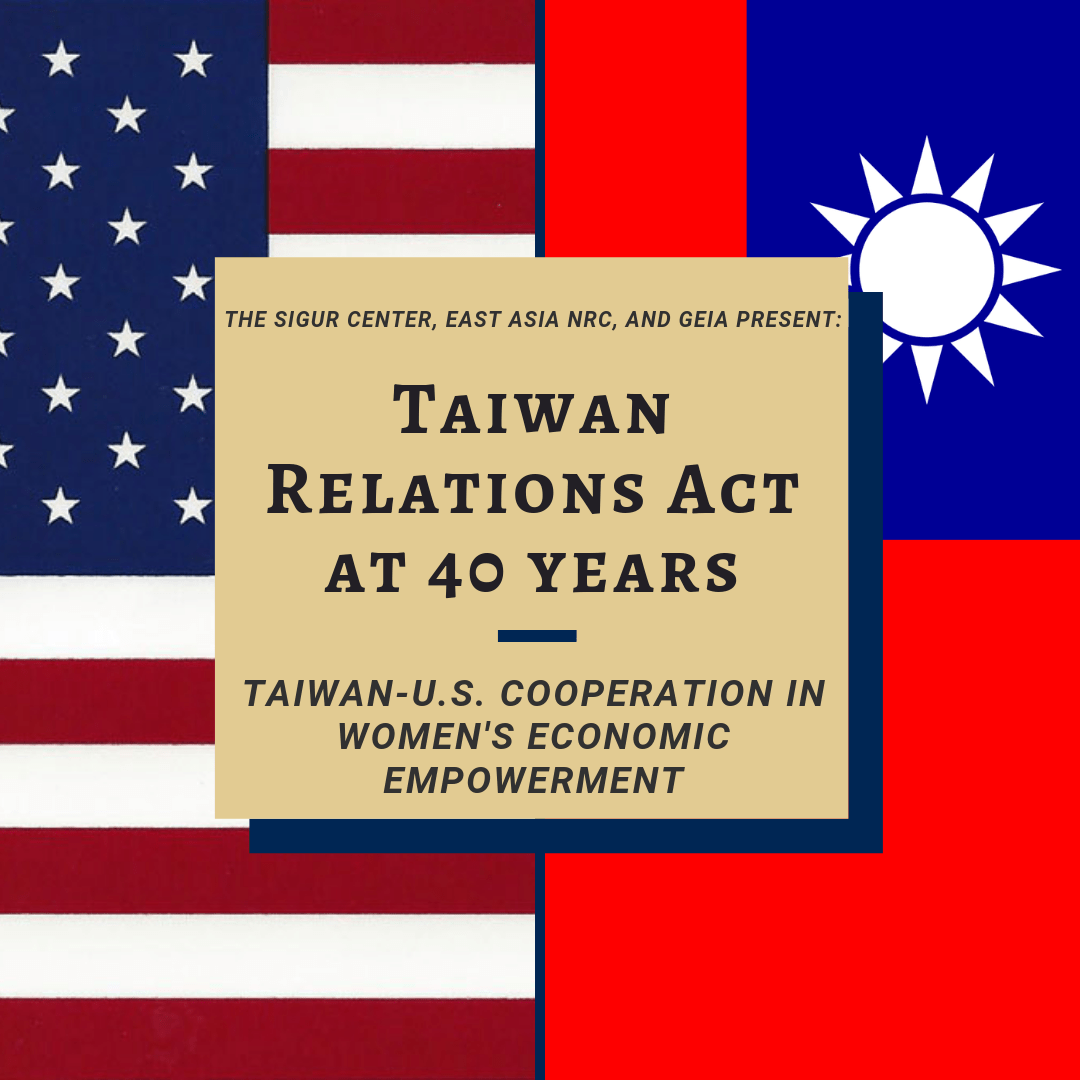

 Patrick M. Cronin is a Senior Advisor and Senior Director of the Asia-Pacific Security Program at the Center for a New American Security (CNAS). Previously, he was the Senior Director of the Institute for National Strategic Studies (INSS) at the National Defense University, where he simultaneously oversaw the Center for the Study of Chinese Military Affairs. Prior to leading INSS, Dr. Cronin served as the Director of Studies at the London-based International Institute for Strategic Studies (IISS). At the IISS, he also served as Editor of the Adelphi Papers and as the Executive Director of the Armed Conflict Database. Before joining IISS, Dr. Cronin was Senior Vice President and Director of Research at the Center for Strategic and International Studies (CSIS).
Patrick M. Cronin is a Senior Advisor and Senior Director of the Asia-Pacific Security Program at the Center for a New American Security (CNAS). Previously, he was the Senior Director of the Institute for National Strategic Studies (INSS) at the National Defense University, where he simultaneously oversaw the Center for the Study of Chinese Military Affairs. Prior to leading INSS, Dr. Cronin served as the Director of Studies at the London-based International Institute for Strategic Studies (IISS). At the IISS, he also served as Editor of the Adelphi Papers and as the Executive Director of the Armed Conflict Database. Before joining IISS, Dr. Cronin was Senior Vice President and Director of Research at the Center for Strategic and International Studies (CSIS).
 Robert Sutter is Professor of Practice of International Affairs at the Elliott School of George Washington University beginning in 2011. He also serves as the school’s Director, Program of Bachelor of Arts in International Affairs. A Ph.D. graduate in History and East Asian Languages from Harvard University, he has published 20 books, over 200 articles and several hundred government reports dealing with contemporary East Asian and Pacific countries and their relations with the United States. Sutter’s government career (1968-2001) involved work on Asian and Pacific affairs and US foreign policy for the Congressional Research Service of the Library of Congress, the Central Intelligence Agency, the Department of State, and the Senate Foreign Relations Committee.
Robert Sutter is Professor of Practice of International Affairs at the Elliott School of George Washington University beginning in 2011. He also serves as the school’s Director, Program of Bachelor of Arts in International Affairs. A Ph.D. graduate in History and East Asian Languages from Harvard University, he has published 20 books, over 200 articles and several hundred government reports dealing with contemporary East Asian and Pacific countries and their relations with the United States. Sutter’s government career (1968-2001) involved work on Asian and Pacific affairs and US foreign policy for the Congressional Research Service of the Library of Congress, the Central Intelligence Agency, the Department of State, and the Senate Foreign Relations Committee.